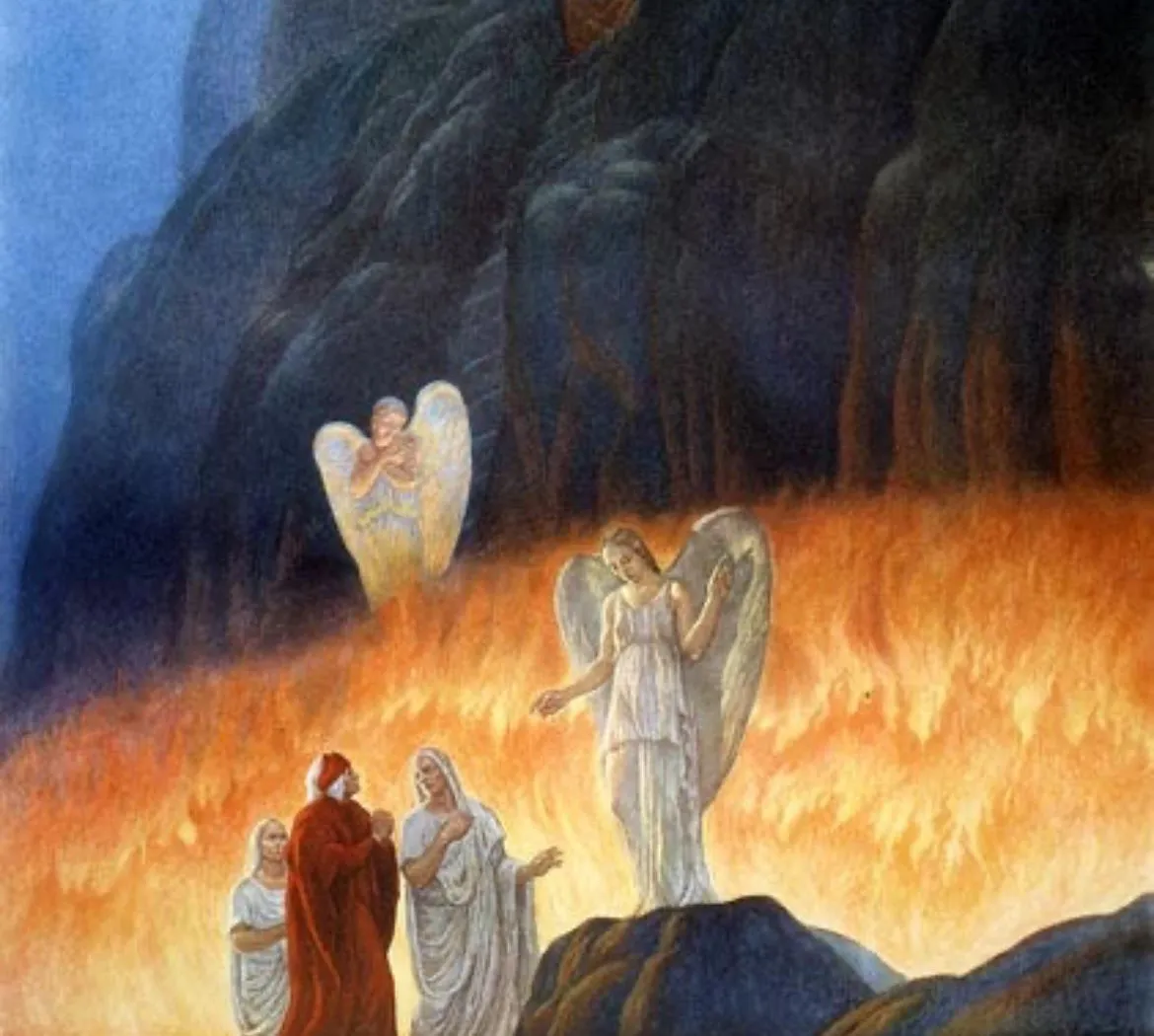
The following poem was written under the pseudonym “Monos” for Volume 4 of Julius Evola’s “La Torre” magazine. For those who have been paying close attention, the journey he describes here will be familiar. I am alone with myself, and yet the principle that births me still hides its deepest … Continue reading






